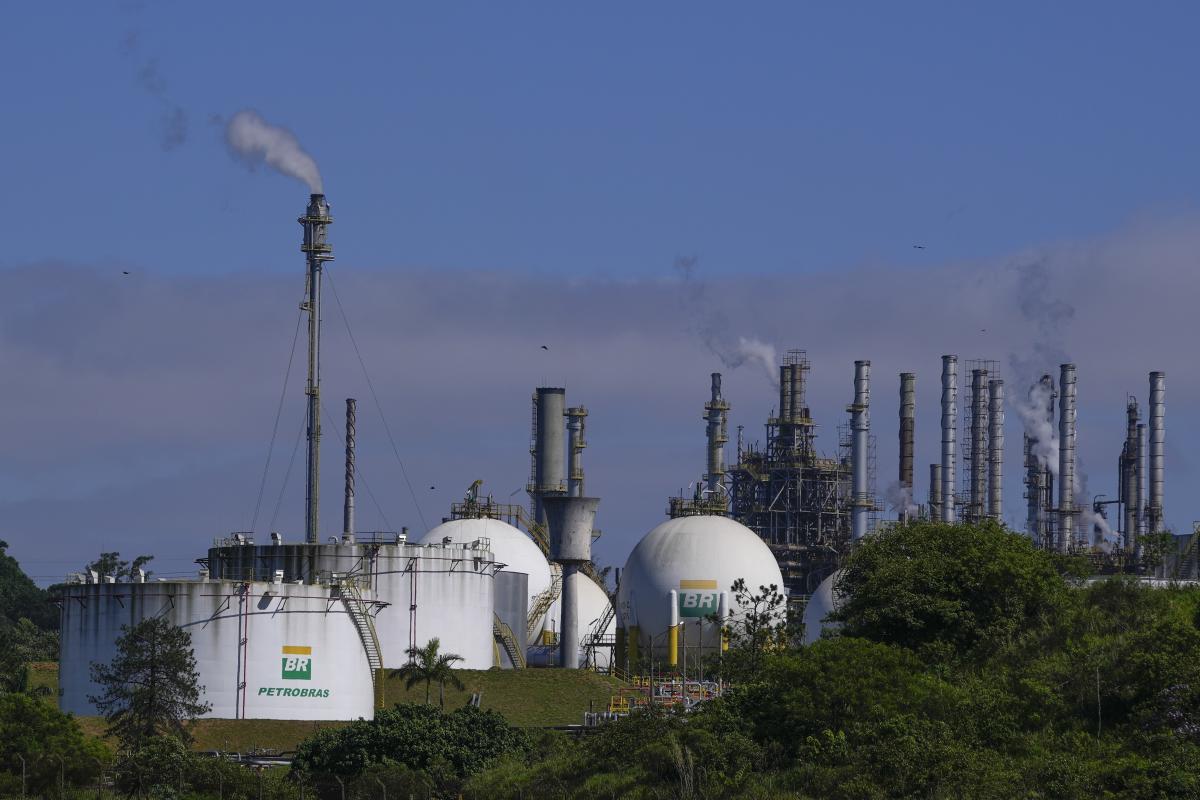In 2022, Brazilian oil and gas company Petrobras secured 68 locations for oil exploration off the South American coast, committing a hefty $6.9 billion in oil development projects. Around the same time, Algeria-based Sonatrach announced plans to increase production and position itself as a top five national oil company by 2030. Meanwhile, Abu Dhabi National Oil Co. expanded its footprint with 68 new gas stations in Saudi Arabia and the United Arab Emirates, bringing its total count to over 500 stations in the UAE. Notably, these companies were among 33 other oil and gas-focused entities attending last year’s climate summit in Egypt, aimed at promoting a global shift away from fossil fuels such as oil and gas. Many of these same companies are anticipated to participate in the upcoming COP28 conference to be held in the United Arab Emirates. This year, Sultan al-Jaber, chairman of the nation’s oil company, is set to preside over the summit.
Criticism about the presence of these companies at climate negotiations arises from the perception that their commitment to renewable energies is questionable. Despite vaguely endorsing the transition to renewable energies, these companies invest very little, if any, in established green technologies such as solar or wind power. Instead, their developments amount to billions of dollars dedicated to further exploration, extraction, and refining of oil, with plans that extend well into the future, well beyond the timeline suggested by scientists for transitioning away from fossil fuels.
The incongruence between the statements of these companies and their actual investment practices raises doubts about their authentic commitment to the transition to green energy. Most notably, the focus of these companies on emissions is largely limited to “Scope 1” and “Scope 2” emissions, referring to direct and indirect emissions from their operations. However, these companies have firmly asserted that “Scope 3” emissions, which pertain to emissions caused by consumers’ use of their products, are beyond their control and responsibility.
Among these companies, Brazil’s Petrobras stands out for earmarking a significantly higher dollar value for oil exploration and production as compared to its investment in low-carbon initiatives. Similarly, other companies, including Equinor and ADNOC, have made substantial claims about their progress toward carbon neutrality while continuing to emphasize the need for oil and gas in the foreseeable future.
While the rhetoric from these oil and gas companies suggests that fossil fuels are here to stay, the demands for equitable energy transition and environmental sustainability continue to challenge their position as major contributors to global emissions. In light of this, the role of developing nations like Uganda has become a focal point, as these countries struggle to maintain economic growth and grapple with the dilemma of transitioning to cleaner energy sources while bearing the brunt of climate change impacts. Despite the efforts and challenges faced by these nations, the pressure on them to reduce emissions persists.
In the midst of these complexities, it remains clear that the continued reliance on fossil fuels is a major concern, raising essential questions about the commitments of these oil and gas companies to promote a genuine shift towards renewable energies and sustainable practices.


